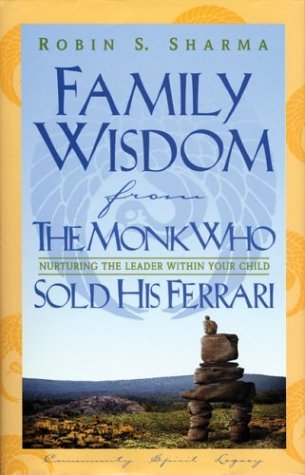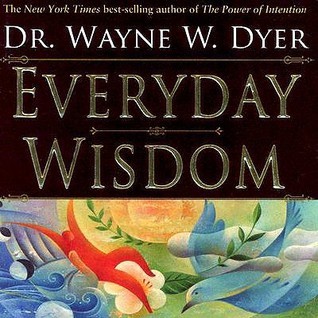
Who Will Cry When You Die?
Book Description
What if the secret to a life well-lived lies in embracing mortality? In "Who Will Cry When You Die?", Robin Sharma unearths profound wisdom through a collection of life lessons that challenge the ordinary. Each page bursts with insights that provoke thought and inspire action, igniting a quest for deeper meaning in the chaos of everyday life. From cultivating gratitude to nurturing authentic relationships, Sharma's compelling narrative pushes the boundaries of personal fulfillment. As the clock ticks, the question lingers: when your story ends, how will you be remembered? What legacy will you leave behind?
Quick Book Summary
"Who Will Cry When You Die?" by Robin Sharma offers a collection of practical and philosophical life lessons designed to help readers lead more fulfilling and meaningful lives. Drawing from personal experience and classic wisdom, Sharma presents short, actionable chapters aimed at improving daily habits, emotional intelligence, and perspectives on life and death. The book encourages readers to live consciously, cultivate gratitude, nurture relationships, maintain balance, and pursue personal growth. Through a series of inspiring anecdotes and gentle challenges, Sharma motivates individuals to think about their legacy and the impact of their choices. The timeless advice inside is designed to ignite self-reflection and propel meaningful change, reminding readers that every moment counts in shaping the story they leave behind.
Summary of Key Ideas
Table of Contents
Embracing Mortality and Legacy
Centered around the pivotal question of how one will be remembered after death, the book asks readers to contemplate their mortality and the legacy they wish to leave. Sharma uses this existential inquiry as a lens through which to view daily living, advocating for a life of purpose, intention, and responsibility. By bringing attention to the impermanence of life, the author gently pushes readers to prioritize what truly matters, focusing on both inner transformation and outward contribution.
Cultivating Daily Habits for Fulfillment
At the heart of the book are actionable habits—small changes that, practiced over time, create a life of greater significance. Sharma suggests integrating morning routines, journaling, prioritization, and time management to enhance daily experience. These routines are presented as accessible pathways for ordinary people to achieve extraordinary satisfaction. By accumulating positive habits, readers can intentionally craft a fulfilling existence that keeps them aligned with their deeper values.
Fostering Gratitude and Mindfulness
Gratitude and mindfulness emerge as vital ingredients for happiness and peace. Sharma offers practical techniques for cultivating appreciation in the present moment, such as reflecting on blessings, mindful breathing, or simply savoring nature. These practices heighten awareness and shift focus from material desires to enduring joys. Mindfulness not only calms the mind but also encourages a richer engagement with the world and the people around us.
Building Meaningful Relationships
Recognizing the significance of human connection, Sharma stresses the importance of nurturing relationships. Whether with family, friends, colleagues, or strangers, every interaction is a chance to spread kindness. He advocates for active listening, acts of service, and forgiving past grievances. By building authentic bonds, we contribute to others—and, in turn, to our own fulfillment. A life well-lived, Sharma argues, is not measured by solitary achievement, but by the love and warmth we share.
Pursuing Personal Growth and Balance
Personal growth and maintaining balance round out Sharma’s teachings. He counsels readers to pursue lifelong learning, embrace challenges as opportunities, and balance ambition with relaxation and play. Revisiting personal and professional goals, taking care of physical and mental health, and finding moments for rest are all crucial. In sum, "Who Will Cry When You Die?" is a gentle manifesto urging us to live deliberately, strive continuously, and leave a legacy of goodness behind.
Download This Summary
Get a free PDF of this summary instantly — no email required.





